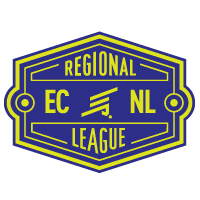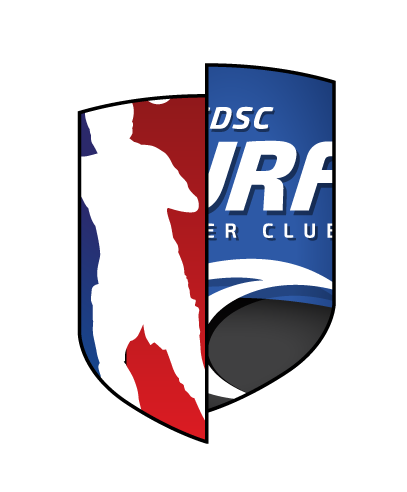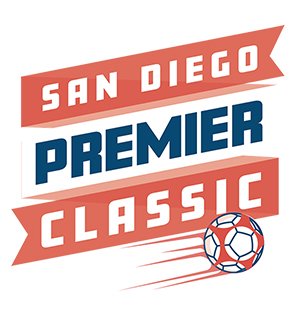Coaches Blog: Coach Napier (Part 4)
/As the years passed at Bradford, we had several manager changes. In England, the head guy is called the manager, then you have the other staff positions such as coach and assistant coach. Below them you would have the second team coach and so on. We had a new manager, Bobby Kennedy, who was a former Manchester City player and Scottish International. He was a tough no-nonsense type of boss, but he was good for the club and we had success under him. During my spell at Bradford, I was able to go to America and play in the NASL during the summer when the English season was on a summer break. Many other players did take this opportunity but more about that later. Before leaving Bradford, I played in 117 first team games, not counting pre-season or friendly games.
After the summer of 1976, I was appointed as the first team coach at Bradford to assist Bobby Kennedy. It was a position I really liked. I was coaching the players I formerly played with and it was a challenge that I gladly accepted. I would talk to the manager as part of our daily routine. We would discuss what we needed to work on and review the injury list. I was still pretty fit so I was able to do most anything the players would be doing and stepped in from time to time. I really liked the coaching side; you are not the head guy but the closest to it. My interaction in the dressing room with the playing staff was very good. Now I was learning the professional way of coaching such as scouting future opponents and giving scouting reports on both players and teams. There is so much involved on the coaching side, I had no idea how easy I had it in my playing days. With coaching, it never stops and you are always working on the game. There are so many parts that need to be attended to and I loved it.
Manager at Bradford City
Once again, the manager job at Bradford had opened up. A soccer manager is not the most secure job you would want to have. Bobby was released and I stepped in as the interim manager to help with the transition whilst the club looked for a new head person. I was still very raw as a coach, so I did not expect to get the top position, and I was also noticeably young at 32. Being the head guy was a totally different animal than just being the coach.
After a period of about two months, the club put me under contract as full-time manager of Bradford City. It was a huge responsibility but I grasped it and worked at the new position as best as I knew how. But it was different... I mean really different. There were so many new responsibilities that came with being the manager. I had to learn to deal with the press on an everyday basis, had to deal with fans and their reactions to our team, and at the lower levels you were still expected to do some coaching as well. Along with all of that, I was now responsible for reporting to the board of owners for the club to explain decisions and ask for money to purchase new players. The job was very tough.
The days of being the first team coach and dealing with just coaching and having fun with the players were now gone. I now had bigger decisions to make like, who to play, who to drop, who to transfer, and who to discipline. Those once close friendships I had with the players were gone. I had become the bad guy in some people's eyes. But I adjusted and we had some good success in the beginning. When things are going well, everyone loves you!
To help me become a better manager, I talked to Don Revie at Leeds and Brian Clough at Nottingham Forest. These were two of the biggest names in English soccer at that time. They gave me their time and I asked a lot of questions. I really wanted to learn what it took to be a good manager. I also attended coaching courses at the Lilleshall training center. This was the main location in those days for coaching schools, and I was surrounded by big-time managers like England manager Ron Greenwood, Walter Winterbottom, Terry Venables, Don Howe, Dave Sexton, Malcolm Allison, and Charlie Hughes, who was the head of coaching education at the time just to name a few. Many of these names you will not know, but they were some of the biggest in the game back then. I found out quickly that soccer managers can never have a real life as coaching is almost a 24/7 routine.
A typical day as a manager would be to arrive at Valley Parade at 7am, where an interview was set up with local press and TV. From there it would be on to check on calls from other managers/coaches. After that, I would check in with my staff starting with our general manager Bryn Edwards. I would have to check in with the physio about injured players. On top of all that I would still have to get our secretary to arrange tickets for a game at night so I could go out and scout for other players. All this had to get done by 9:30 so I could get to the training field for practice at 10:00. We would train until lunch, eat lunch, and then jump back on the field for an additional training session. At night I would jump in a car and head to a game to scout - that could be as far away as 100 miles. Many times I would not get home until after midnight and then would start the process all over again the next day. Some days I would get to jump in the Rolls Royce of our club chairman Bob Martin and together we would head off to catch a Man United, Liverpool, or Leeds game. Believe me, I enjoyed the position and had a lot of energy to get it done but it was far from easy and you had to wear so many different hats at the league level we were playing at.
In 1979 I left Bradford City as manager. Our results had been inconsistent and once again the ever-revolving door of a soccer manager kept turning. It was good for me to have a rest from the game after all those years. Next I got into working in radio and some TV to pay the bills before my next big decision...
Stay tuned for the next installment in a few weeks.
Coach John Napier
























